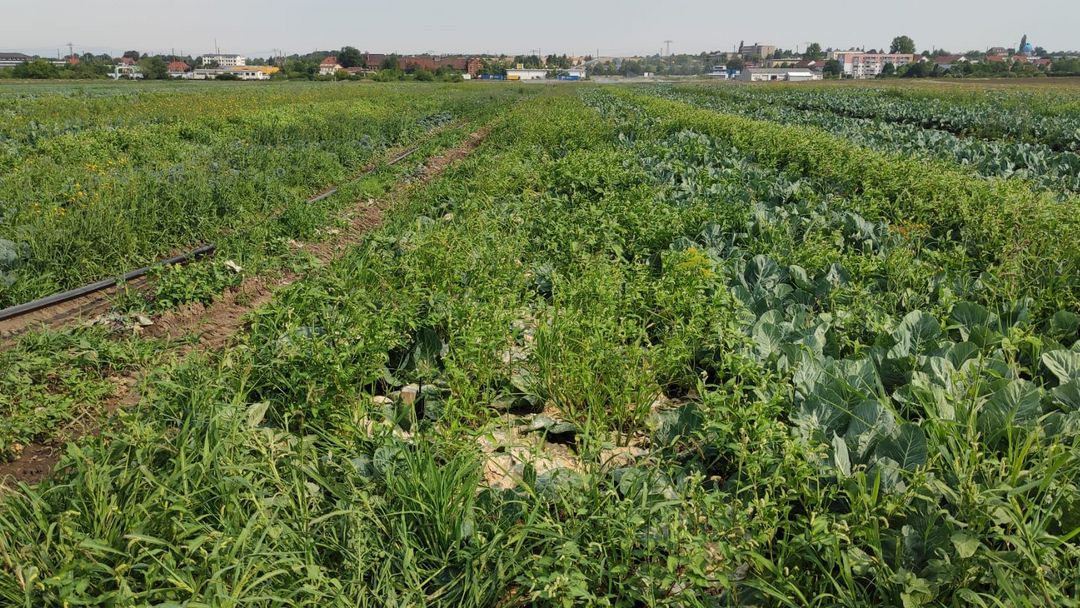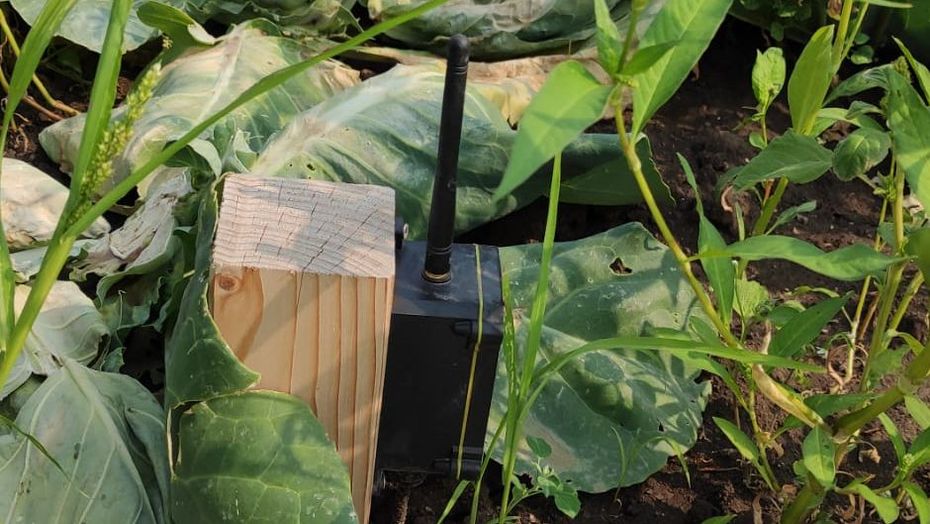
NaLamKI: digital platform for the agriculture of the future
| Transfer Stories | Farming & Agricultural Technology | Environment & Energy | Data Management & Analysis | Sensors & Networks | Intelligent Networks | Kaiserslautern

The central innovation of NaLamKI is a platform that enables farmers to easily access services such as drone flights for precise field data or AI-supported soil analyses. The platform creates a flexible infrastructure that can be adapted to new agricultural requirements – a milestone for digitalisation and the promotion of sustainable processes. It serves as an interface between farmers and specialised small and medium-sized enterprises (SMEs), enabling them to offer their technologies efficiently.

Practical example: Optimising cauliflower irrigation using AI
A specific use case shows how the platform supports technological solutions in practice: the German Research Center for Artificial Intelligence (DFKI) worked with the ‘Gemüsegärtner Fischer’ vegetable farm in Erfurt to develop a soil moisture forecast for cauliflower cultivation. LoRaWAN technology was used for wireless data transmission.
Soil temperature, nutrient values (NPK) and field inclination were continuously recorded and analysed using the Random Forest algorithm, a machine learning method. This AI-based prediction enables more precise control of irrigation. The result: reduced water consumption with consistently high yields – a valuable contribution to sustainability.
Sustainable and future-oriented technologies
The soil moisture forecast is a central component of the NaLamKI platform. It demonstrates how future-oriented technologies such as AI-supported time series analysis can be applied in agriculture in a concrete way. At the same time, the platform has been designed to be flexibly expandable through modern standards in order to meet future technological and ecological requirements. NaLamKI thus offers farmers not only digital tools but also long-term planning security.
Final event in Mannheim
The successful completion of the NaLamKI project was celebrated on 11 and 12 November at project partner John Deere in Mannheim. During the event, the project participants presented the results and applications that have been developed over the last four years. It became clear how artificial intelligence can help to make agriculture not only more efficient, but also more sustainable and future-proof.
Contact:
Mike Reichardt, M.Sc.
Projectlead NaLamKI, DFKI Kaiserslautern
- Mike.Reichardt@dfki.de
- Phone: +49 631 20575 5231
Press contact:
Anna-Lena Wagner
Public Relations, Intelligent Networks, DFKI Kaiserslautern
- Anna-Lena.Wagner@dfki.de
- Phone: +49 631 20575 7026